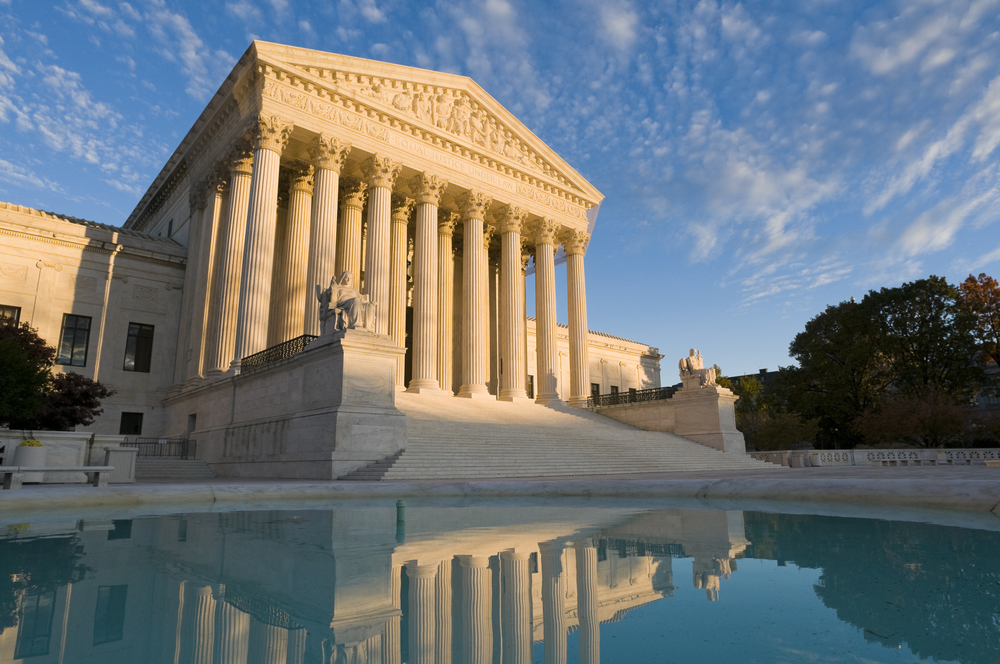
If President Joe Biden follows through on his promise to nominate a Black woman to replace retiring Supreme Court Justice Stephen Breyer, longer-term change to the court is possible, based on voting patterns of Black female judges versus white male judges, suggests new research from Washington University in St. Louis.
The study, “Replacing Justice Breyer,” suggests that in the near term, the court’s center of power is unlikely to shift to the left, given that the list of possible Biden nominees is ideologically close to Breyer.
The report was written by Lee Epstein, the Ethan A.H. Shepley Distinguished University Professor at Washington University and noted Supreme Court expert; Washington University Chancellor Andrew Martin, a professor of political science in Arts & Sciences and at the university’s School of Law; and Kevin Quinn of the University of Michigan.
“Because all the potential nominees are ideologically fairly close to Breyer and Justice Elena Kagan, none are well-positioned, at least in the short term, to move the court’s center of power to the left,” the authors wrote. “The implication, in turn, is that there are no implications of Breyer’s departure.”

“Of the three Democrats serving with Breyer, he cast the lowest percentage of liberal votes over his 27 completed terms,” they wrote. “Drilling down into the data, a comparison of Breyer and Kagan shows that when the two disagreed, Breyer tended to vote in the conservative direction (46 of 70 disagreements, or 65.7%). Ditto for Justice Sonya Sotomayor (70 of 100 disagreements, or 70%).”
Were the Biden appointee to hold views closer to liberal Justices Sotomayor or Kagan, the left side of the court would pick up a vote, they found.
“This may be especially likely in civil rights and criminal cases implicating gender and race,” the authors wrote. “Research shows that female appellate judges are more likely to favor plaintiffs alleging gender-based employment discrimination and sexual harassment; and equally noteworthy, when a woman serves on a panel with men, the men are significantly more likely to rule in favor of the rights litigant.”

An additional vote in these areas may not make much difference on the current court, they wrote. “But considering the age of some of Biden’s nominees, a more left-leaning voice could well matter in the long term.”
In addition, the home state of the potential nominee might influence future ideological drift.
Previous research from Epstein, who is also a professor of law and of political science, Martin and Quinn found that as many as half of all justices serving since 1937 diverged from their president’s ideology or otherwise drifted to the right or, more typically, to the left. Their previous research also shows that justices are less likely to drift if they were a federal official working in the District of Columbia at the time of their appointment.
“Emerging from this analysis and the existing literature is a straightforward prediction,” the authors wrote. “Were Biden to reach into the heartland or the South and select a nominee with little or no connection to Washington, D.C., the odds of ideological divergence from his ideology increase.”


Leave a Reply